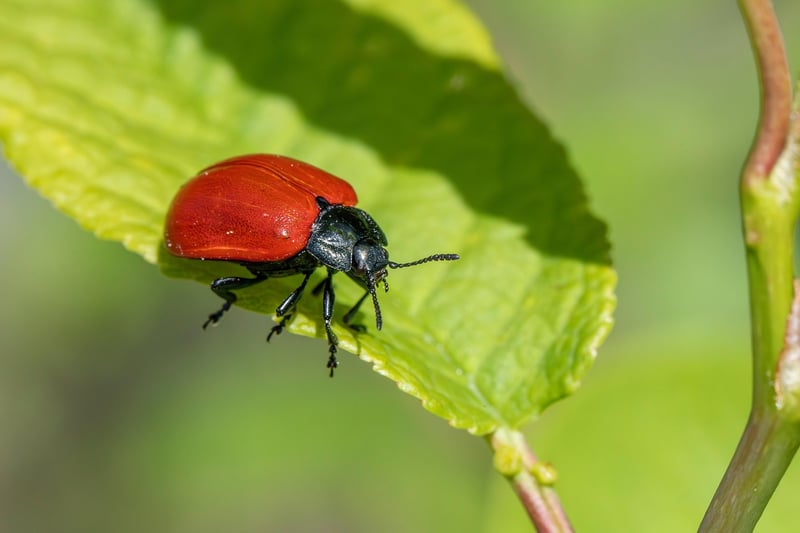Pest control
Keeping Your Vertical Garden Healthy and Thriving
Introduction
Vertical gardens are a fantastic way to bring nature into small spaces or add a green touch to your home. However, maintaining a healthy vertical garden requires proper care and attention. In this article, we will explore some tips to keep your vertical garden thriving and discuss pest control methods to ensure your plants stay healthy.
Tips for a Healthy Vertical Garden
1. Proper Watering
Ensure your vertical garden receives adequate water. Depending on the plants you have, you may need to water them daily or a few times a week. Monitor the moisture levels and adjust your watering schedule accordingly.
2. Adequate Sunlight
Most plants in a vertical garden require sunlight to thrive. Make sure your garden receives enough natural light based on the plant's requirements. If sunlight is limited, consider using grow lights to supplement.
3. Regular Pruning
Keep your vertical garden tidy by regularly pruning dead leaves or overgrown branches. This not only improves the appearance of your garden but also encourages healthy growth.
4. Nutrient-Rich Soil
Ensure your plants have access to nutrient-rich soil by using quality potting mix or compost. Consider adding organic fertilizers to provide essential nutrients for optimal growth.
Pest Control for Vertical Gardens
1. Neem Oil Spray
Neem oil is a natural insecticide that can help control pests in your vertical garden. Dilute neem oil with water and spray it on your plants to deter pests like aphids and spider mites.
2. Beneficial Insects
Introduce beneficial insects like ladybugs or lacewings to your vertical garden. These insects feed on harmful pests, helping to naturally control pest populations without the need for chemical pesticides.
3. Homemade Pest Repellents
You can create homemade pest repellents using ingredients like garlic, chili peppers, or soap. These natural solutions can be sprayed on plants to deter pests while being safe for your plants and the environment.
4. Regular Inspections
Regularly inspect your vertical garden for signs of pest infestations. Early detection allows you to take timely action to prevent pests from causing extensive damage to your plants.
Conclusion
By following these tips for maintaining a healthy vertical garden and implementing pest control measures, you can enjoy a thriving and vibrant green space in your home. With proper care and attention, your vertical garden will continue to flourish and bring joy for years to come.

Image Source: Pixabay
